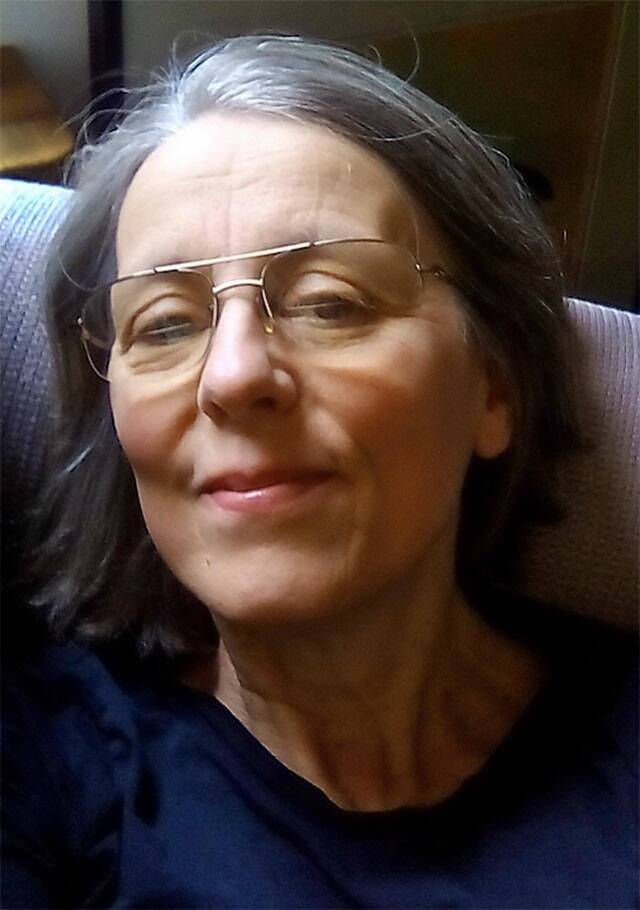The school district is now considering cuts and/or changes to the library programs at Chautauqua Elementary and McMurray libraries —havens of learning for youth now staffed by deeply dedicated certified librarians.
Think of the school’s libraries as hubs, with spokes that radiate out to every part of a school’s strategic goals — requiring specialists who work directly with students, write grant applications, attend and participate in professional conferences, design instructional materials and lessons, and collaborates with peers, educators, staff, administration and families.
Additionally, these libraries — through the efforts of their librarians — frequently connect the schools to the wider community through volunteers, local museum exhibits and programs presenting working authors to students.
Children deserve teachers and programs that will prepare them for the future — literacy will always underpin learning.
And these librarians deserve our thanks and steadfast support.
So, meet Kathleen Lawrence — a kind and cheerful person who is the kind of teacher you wish you’d been lucky enough to have, at Chautauqua Elementary School. You should know more about her.
Lawrence loves her job anad the children she teaches.
On a typical school day, as the school bell heralded the start of the day, Lawrence stands outside the library and helps directed a noisy stream of students flowing into the school lobby. She greets kids by name, pointing them toward their classrooms and stopping those with ants in their pants from running down the halls.
Weekly, Lawrence welcomes approximately 500 children into the library. Curved bookshelves stuffed with up-to-date titles invite students into this color- and light-filled library.
Doing this complex job well requires a deep skill set and stores of energy.
It also requires expertise in library and information sciences and the intellectual capacity to spend hours every day with children with special interests, differing abilities and learning challenges.
Lawrence lays the foundations for early stages of problem-solving – developing competency in reading, writing and library usage, building the framework to support future learning.
Facts and opinions
On a recent day, a class of second graders filed into the library. Unfazed by exuberant energy, Lawrence reined in a couple of kids distracting the others.
She reminded the students of behavioral expectations, using visual cues, music and animated activities.
Gently and firmly, she pulled them back and they focused as she read a book illustrating differences between facts and opinions — teaching skills fundamental to inquiry.
In addition to overseeing the circulation of 12,000 titles, Lawrence teaches students to find and use information increasingly sourced from the Internet.
Teaching digital citizenship and media literacy to children requires finesse and a grip on developmental readiness.
At all grade levels, Lawrence prepares students for success with connected media – teaching how to navigate digital environments safely and responsibly.
Career depth and breadth
Deploying classroom-management skills only deep experience provides, Lawrence practices vigilance to keep her students safe and calm, so they can learn.
Her teaching career spans 30 years, working with various grades and including 15 years as a special education teacher with the Vashon school district.
In 2016-2017 she moved from special education to earn an endorsement in Information Library Sciences through the University of Washington’s competitive School of Information Sciences.
Reflecting the school
In the seven years the CES library went without a specialist, the collections stagnated, according to Lawrence.
Upon taking the job in 2017 she culled outdated, damaged and deteriorating books from the stacks.
She successfully applied for grants from grassroots organizations, most recently from Vashon Partners in Education (PIE) for example, to update an early-learning curriculum.
“Children feel affirmed when seeing themselves in stories,” she said.
During her first year running the CES library, she increased the annual book check-out rate by 55 percent, she said.
In 2020, the COVID-19 pandemic forced educators to invent educational delivery systems out of thin air — including library programs.
Lawrence and her colleagues snapped into action to get resources to a locked-down student population.
Appealing to local organizations like the Southwest King School Retirees’ Association (SWKSRA) and PIE, Lawrence received support for the district’s digital literature collection through the King County Library System, making it available to all students.
VISD teachers, teacher-librarians and staff also erected Free Little Libraries – small pop-up book collections available to users free-of-charge, at outdoor locations.
They also created a drive-through pick-up system for students and families during the months of no-contact.
And Lawrence continued to teach – creating online lessons to teach library skills virtually.
Now, of course — the kids are back in school, and so is Lawrence, joyously greeting them.
On a recent day, as the school day began and the staccato yelps of children subsided, a little girl walked up to Lawrence holding her hands to her chest, mimicking Lawrence’s hands making a heart shape. She smiled up at Lawrence, her gummy grin missing its two front teeth, her eyes wide.
“Kids…” said Lawrence, “are my jam.”
Marie Koltchak lives and writes on Vashon Island, her first job was in a public library, where she hid — wedged between book stacks and walls to read books – she only has her-shelf to blame.
Vashon can support its school libraries by volunteering, donating time and materials, and responding to requests for donations during fundraising drives.



